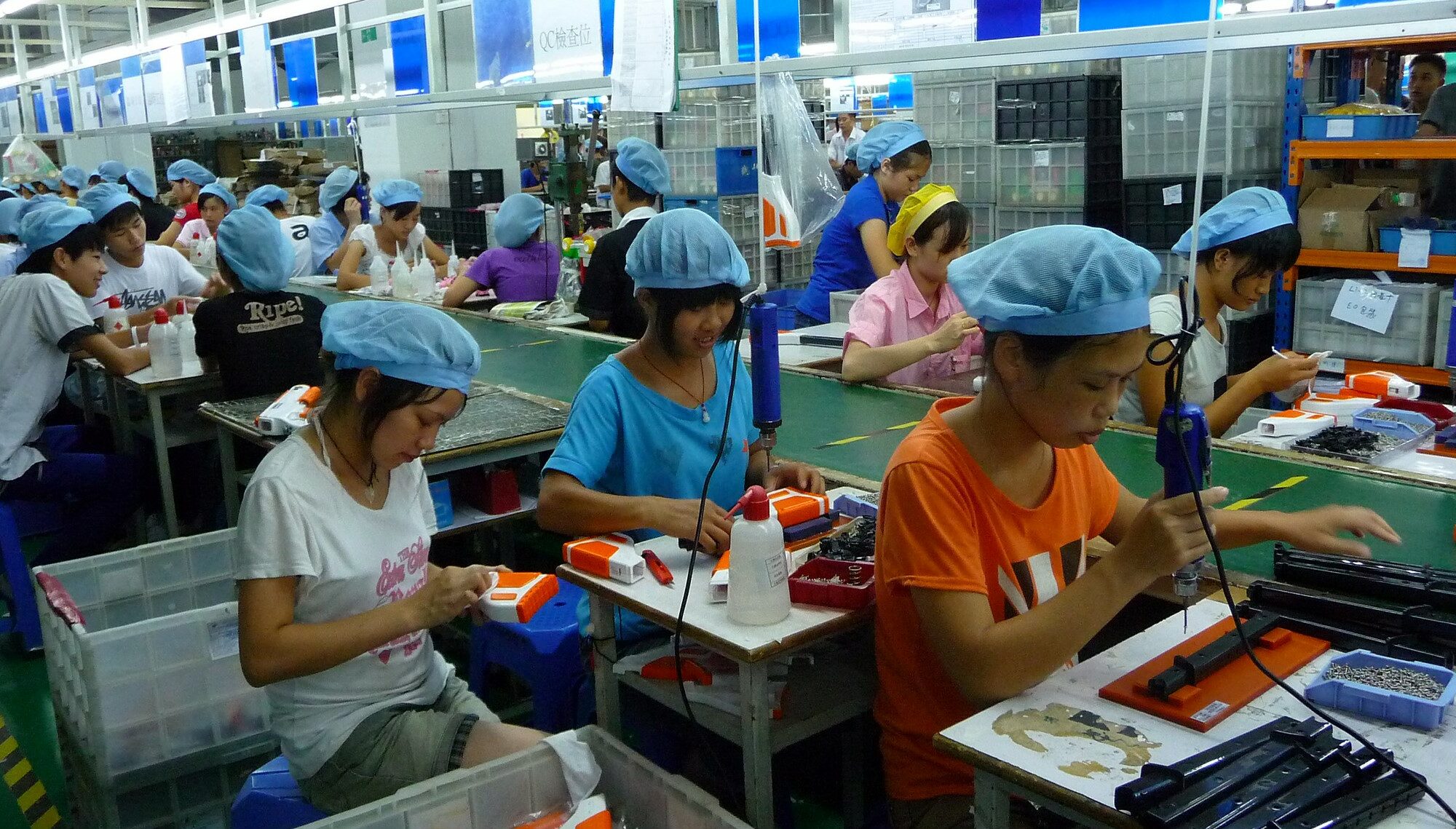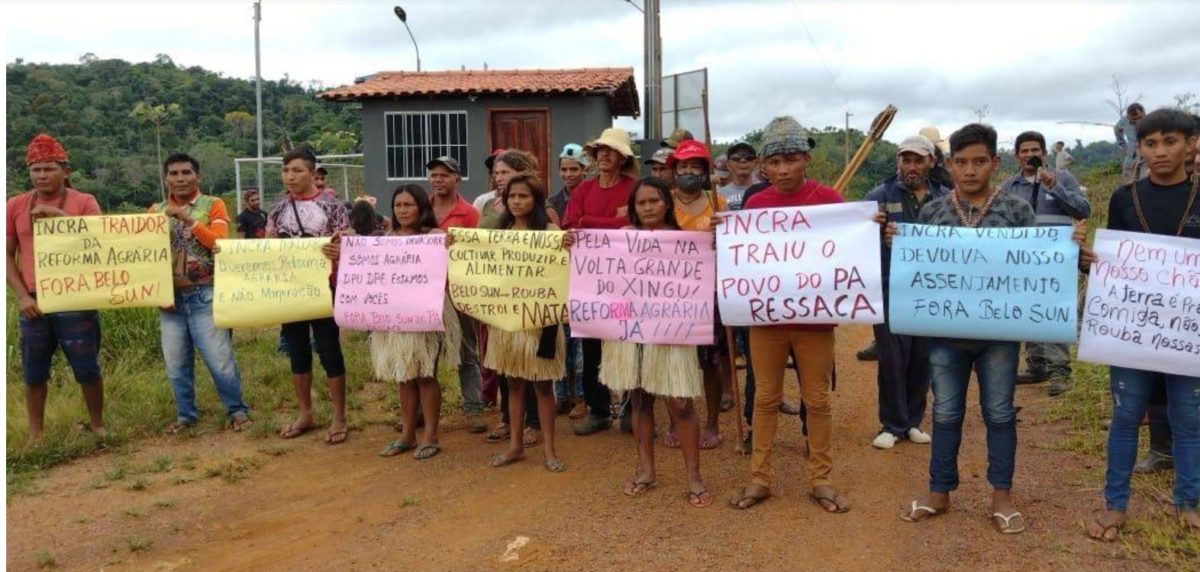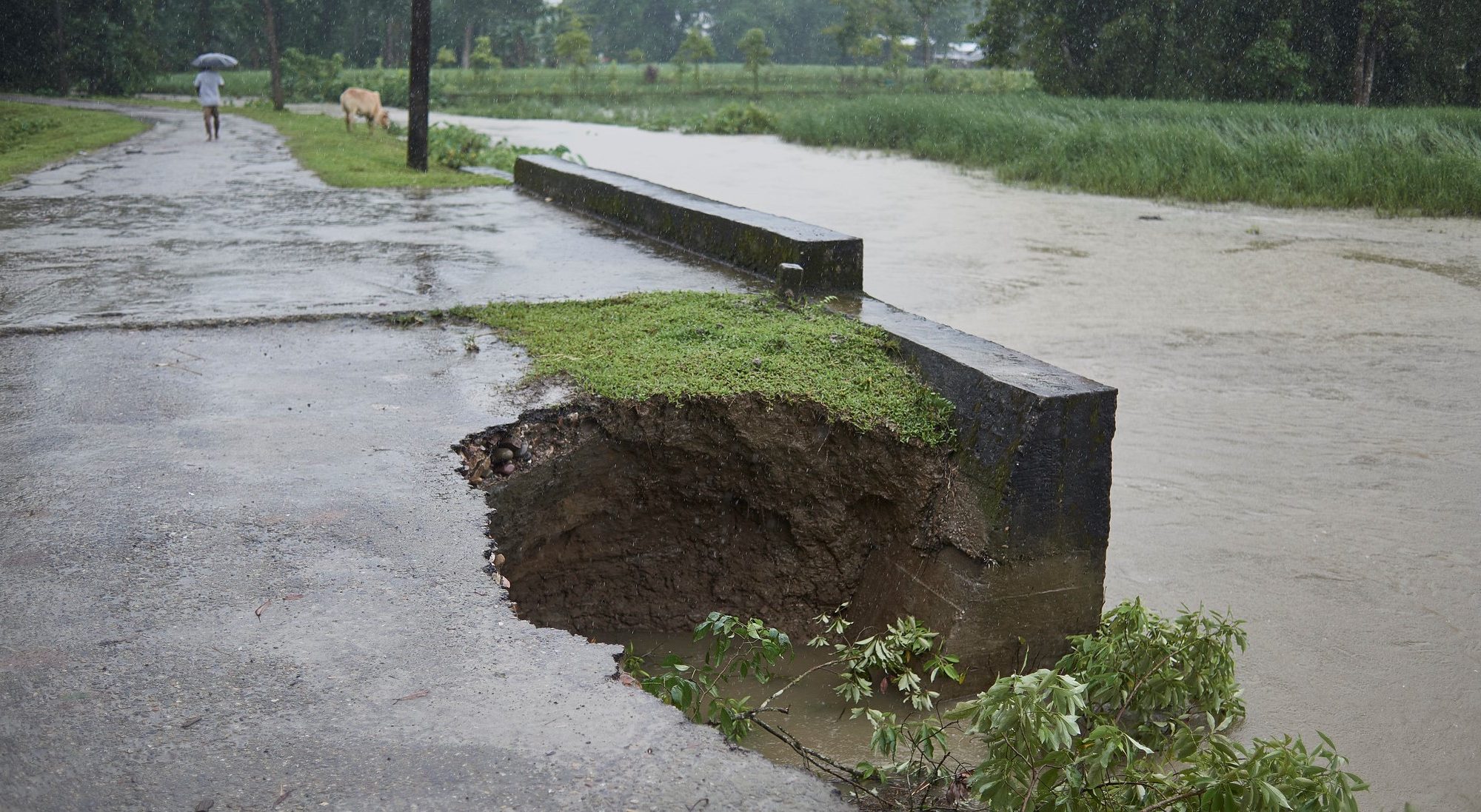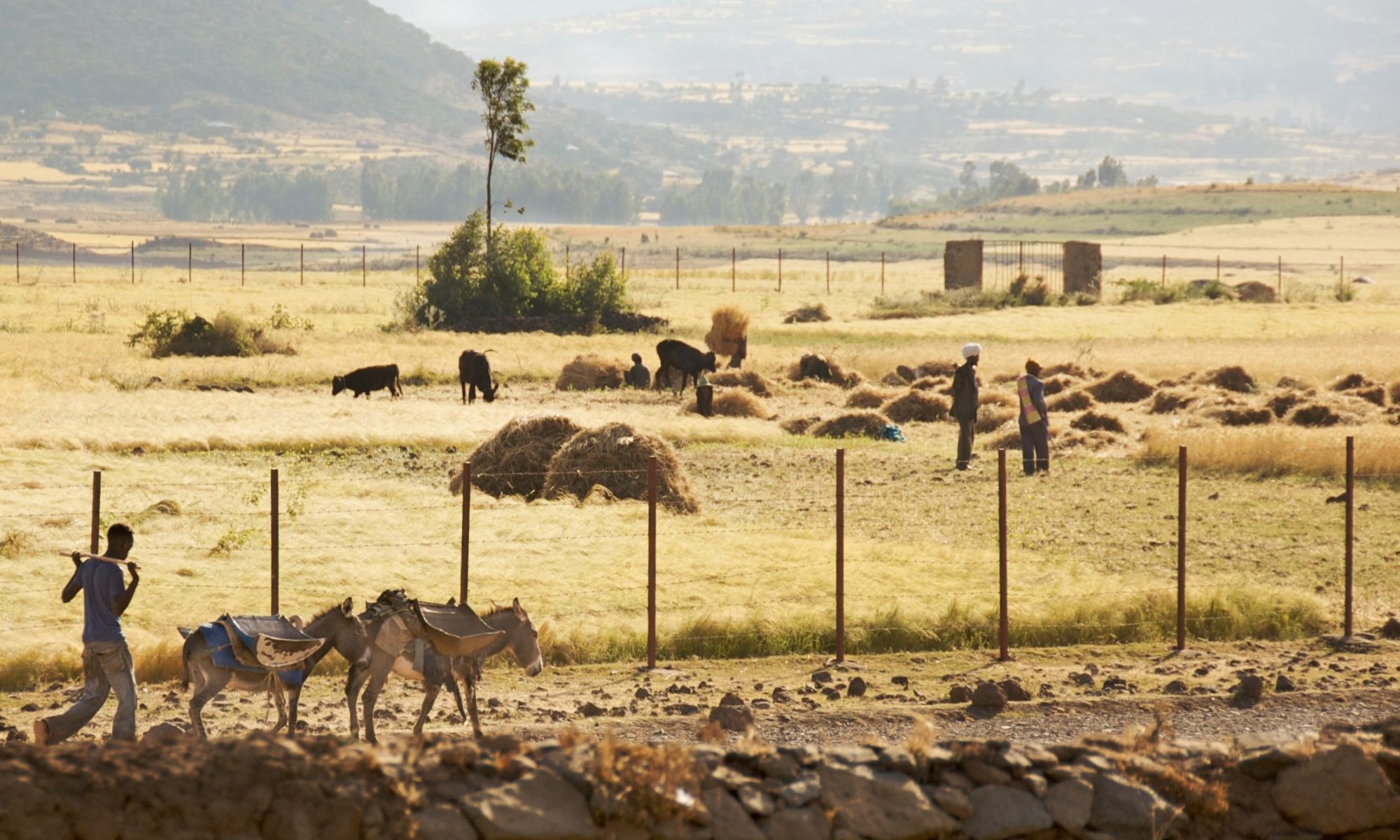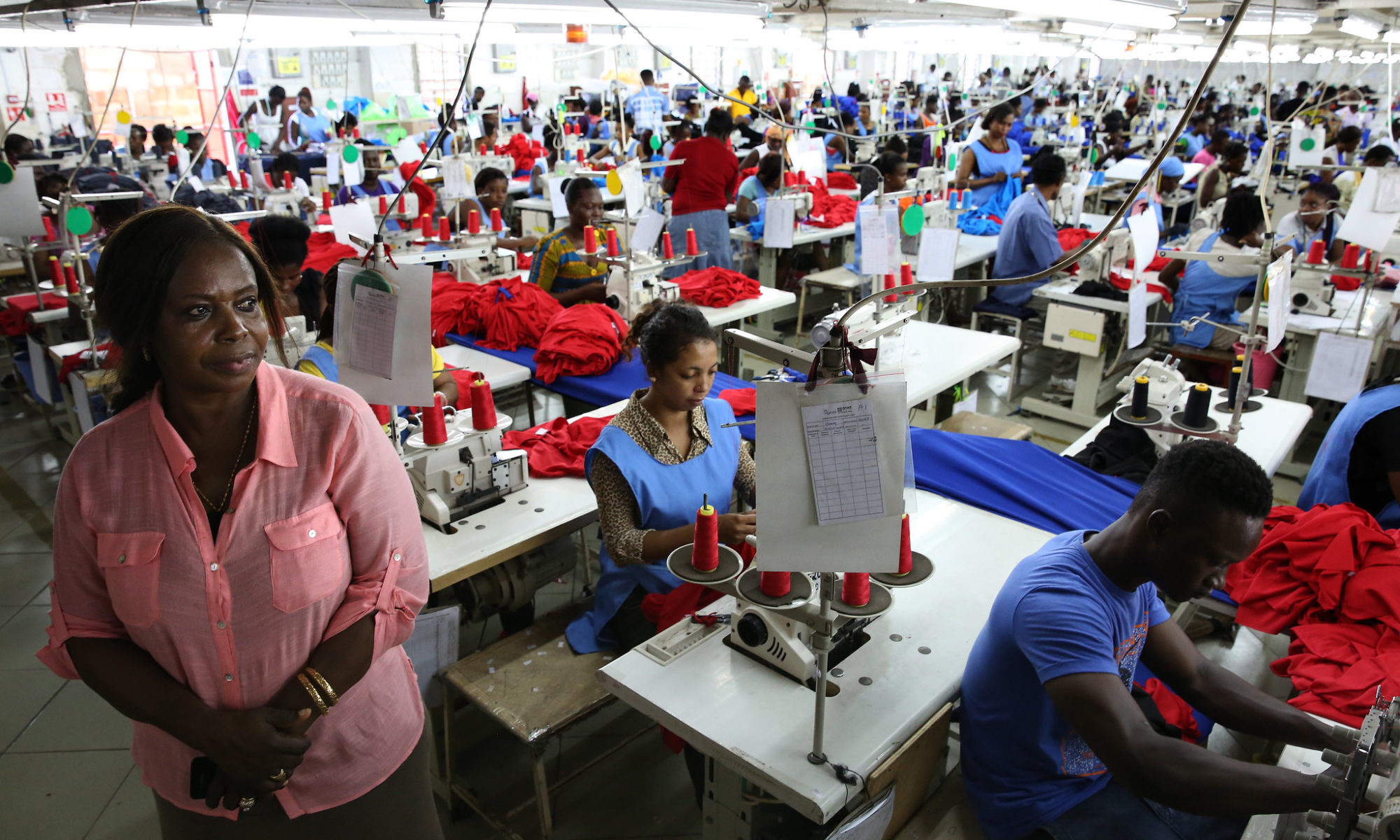By Intan Suwandi
Lockdowns and shutdowns due to the COVID-19 pandemic led to what is being referred to as the “first global supply chain crisis.” The supply chain disruption has made havoc since the beginning of the pandemic, with more than 90 percent of the 1000 Fortune multinational corporations having a tier-one or tier-two supplier affected by the virus in February 2020. By mid-April 2020, 81 percent of global manufacturing firms were experiencing supply shortages. Also in the same year, hundreds of US companies reported that their suppliers only operated at an average of 50 percent capacity, which resulted in longer final product lead times and a negative impact between 5.6 to 15 percent on their revenues. Although recent reports indicate that the situation has become less severe, many analysts still think that the “supply chain nightmare” is far from over, and it is predicted that supply chain disruptions will continue until late 2022.
Continue reading “What do the global supply chain disruptions tell us about the world economy?”
